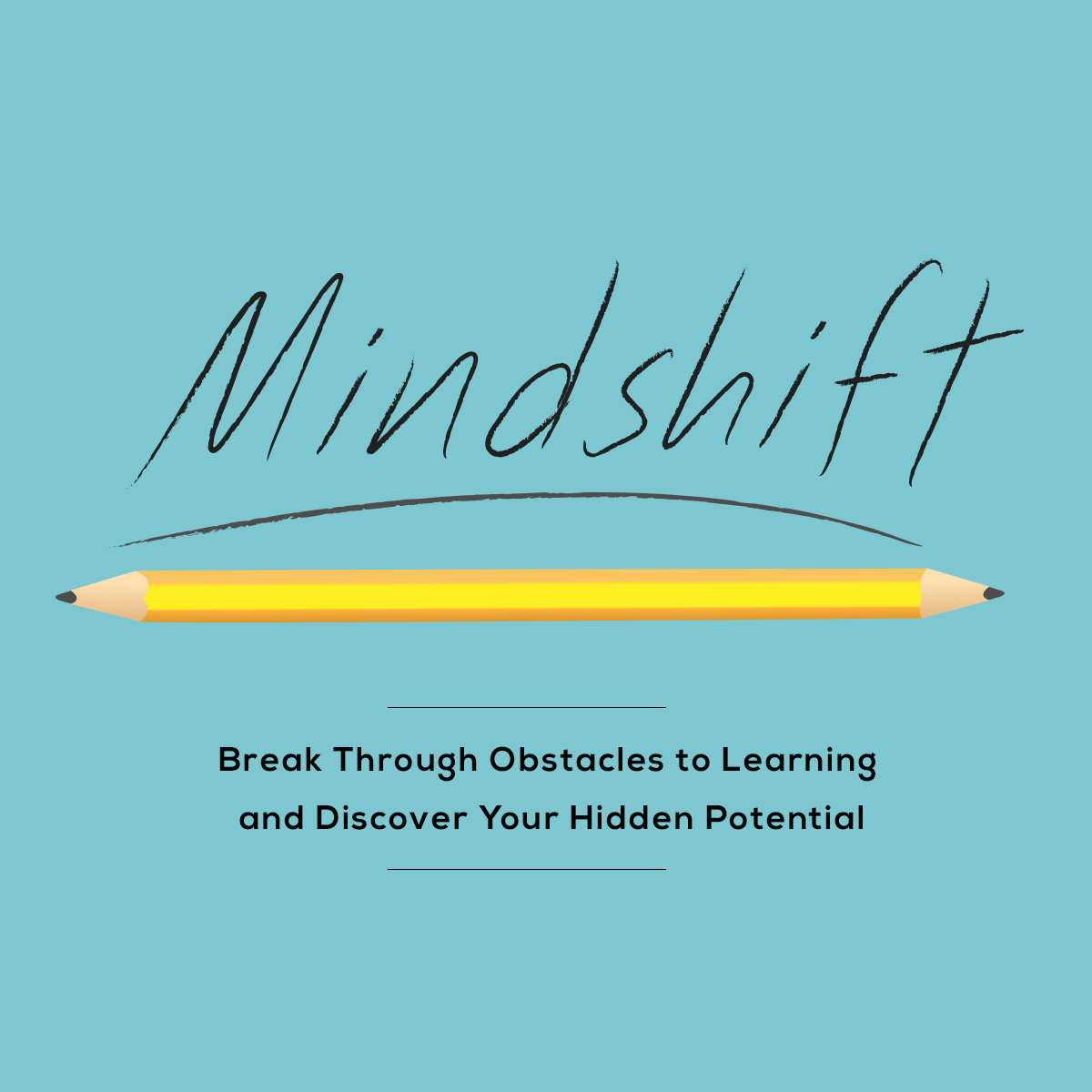
"Education is not preparation for life; education is life itself." - John Dewey
Today’s academic world is more competitive than ever. We’re far removed from the days when having a degree—any degree—guaranteed a solid career. Because of this, students are looking for more ways to stand out.
One way to set yourself apart is by using online courses to aid your studies.
Understandably, your schedule is packed as is. If you’re feeling under pressure already, you're probably not thinking of how to add more coursework to your existing course load.

In this article, we'll do our best to be mindful of this and to share ways we use online courses to supplement and enhance our existing curriculum rather than expand them. You'll hopefully come away with an idea of how these courses can provide practical support to help you truly grasp challenging topics.
We'll then discuss how you can get ahead in your classes and discover new skills. Finally, we'll share a few courses that are designed to help you become more productive as a student. The takeaways from these courses will teach you skills and best practices you'll be able to use through your academic career and beyond.
Enhancing your current courses
Studying alongside your university classes might sound demanding, but online courses can make it more manageable and effective. They offer different perspectives, detailed explanations, and interactive exercises that reinforce what you’re learning in class. Let’s take a calculus course as an example to see how this works in practice.
Grasping a new concept: understanding integrals
Imagine you’re learning about integrals for the first time in your calculus class. The concept can feel abstract, and sometimes the textbook explanations or lecture notes may not fully click. Here’s how an online course can help:
- Visual Learning: An online course might include animated videos that show integrals as the area under a curve. Watching the process visually can make abstract concepts more concrete.
- Step-by-Step Examples: Many online courses break down complex problems into manageable steps. You can pause, rewind, or replay sections to fully grasp each part of the solution.
- Interactive Practice: Some platforms offer quizzes or interactive exercises where you solve integral problems and get instant feedback. This hands-on approach reinforces learning and highlights any mistakes.
For example, if you’re struggling with understanding definite integrals, an online course might provide a real-world application, like calculating the distance traveled by an object with changing velocity. This practical example makes the concept more relatable.

Reviewing previously learned concepts: revisiting derivatives
Now, let’s say you’re comfortable with integrals but realize you’ve forgotten some key ideas about derivatives—a concept you studied earlier in the course. An online refresher module can help you quickly get back on track:
- Targeted Modules: You can select a specific topic, such as the chain rule or product rule, without having to redo the entire course.
- Condensed Reviews: Online platforms often offer summary videos or cheat sheets that cover the key points in a short, digestible format.
- Practice Problems: A refresher module might include practice questions focused on derivatives, with step-by-step solutions to help you relearn the process.
For instance, a student revisiting the chain rule might watch a short video explaining the rule, followed by solving practice problems that gradually increase in difficulty. This method not only reinforces the concept but also builds confidence.
By integrating these online resources into your study routine, you’re not just adding more work—you’re making your learning more effective. Whether it’s tackling new topics or refreshing old ones, online courses give you the tools and flexibility to succeed.

Reviewing previously covered material
Progressing through a curriculum at any level can feel like a whirlwind tour of concepts and ideas. Before you’ve fully grasped one semester’s worth of courses, you’re onto the next.
Before tackling advanced courses, it's important to gain a strong grasp of foundational concepts first. However, it’s easy to forget details from earlier classes, especially if you haven’t revisited them in a while. This is where online courses can act as powerful refreshers. Let’s look at how this works with an advanced economics class as an example.
Scenario: Preparing for Advanced Macroeconomics
Imagine you’re enrolled in an advanced macroeconomics course. You’re diving into complex topics like fiscal policy multipliers or international trade models. However, you realize that some foundational concepts from your introductory economics class—like supply and demand or GDP calculation—aren’t as clear as they once were. This is where an online refresher can be a game-changer:
- Targeted concept review: You find an online course or module specifically focused on foundational macroeconomic principles. These courses often allow you to jump straight to topics like "Supply and Demand Equilibrium" or "Components of GDP," saving time.
- Real-world case studies: Online courses often include practical examples or case studies. For instance, a refresher on GDP might walk through a country’s economic data, showing step-by-step how GDP is calculated and interpreted. This applied approach reinforces theoretical concepts.
- Interactive graphs and simulations: Some online platforms offer simulations where you can manipulate variables—like changing interest rates or government spending—and see the impact on an economy in real time. This interactive experience can deepen your understanding more than static textbook diagrams.
Reviewing Previously Covered Material
When you’re tackling advanced courses, a strong grasp of foundational concepts is crucial. However, it’s easy to forget details from earlier classes, especially if you haven’t revisited them in a while. This is where online courses can act as powerful refreshers. Let’s look at how this works with an advanced economics class as an example.
Example: Revisiting Elasticity
Suppose your advanced course includes a segment on market responses to policy changes. You might need a solid understanding of price elasticity—something you studied earlier but haven’t used in a while.
- Focused videos and demos: An online course might have a concise, 10-minute video explaining price elasticity, complete with graphs that show how changes in price affect demand.
- Mini-quizzes for self-assessment: After the video, you could take a short quiz on elasticity concepts, helping you quickly identify what you remember and what needs more review.
- Application to current events: Some courses include examples from recent economic events. For instance, you might explore how the elasticity of gas prices affects consumer behavior during oil supply shocks. This practical connection not only refreshes your memory but also enhances your critical thinking.
By using online courses to review previously covered material, you’re not just relearning old concepts—you’re reinforcing your foundation and connecting it to advanced topics. This approach can make challenging subjects more manageable and give you a deeper, more integrated understanding of your coursework.

Refreshing your skills
In fields like mathematics, programming, or languages, skills can fade if they’re not practiced regularly. Online courses serve as excellent refreshers, helping you regain proficiency and stay sharp for when you need those skills the most.
Let’s take a deeper look with a common scenario: You took a statistics course a year ago, and now you’re working on a research project that requires analyzing data. You realize you’ve forgotten some key statistical methods, like hypothesis testing or regression analysis. This is where an online course can make a big difference.
Finding the right refresher
OpenCourser tracks over 50,000 high quality courses. With one quick search, we can help you narrow your search so that you have a shortlist of courses covering the exact topics you need to review. Here's how that can help:
- Focused review modules: Many online courses are broken into small, self-contained modules. You don’t need to take the whole course—you can jump straight to the sections on hypothesis testing or linear regression. OpenCourser makes finding the right module easier by showing you the course's syllabus right beneath its title and description.
- Step-by-step walkthroughs: Interactive lessons might walk you through solving statistical problems, explaining each step in detail. For example, you might revisit how to set up and interpret a t-test with clear, guided examples.
- Real-world data sets: Some courses include practice problems using real-world data. You could work on analyzing sample research data, which helps connect the theory to practical application. This hands-on practice reinforces your understanding and builds confidence.
Customized learning paths
Some platforms offer subscriptions that give you unlimited access to their course catalog. This flexibility allows you to define your own learning path. You can switch between modules on different statistical methods, tailoring your study to what you need most. For example:
- Start with a quick review of basic concepts like mean, median, and standard deviation.
- Move on to more advanced topics like chi-square tests or ANOVA, depending on your project’s needs.
- Take a deep dive into regression models or correlation analysis if your research involves predictive data.
Practice at your pace
One of the best things about online courses is the flexibility. Unless you’re aiming for a certificate, you don’t have to complete the entire course. You can focus on the specific topics that need attention and revisit sections as many times as needed.
Of course, you could always dig out your old statistics textbook or class notes. If you’ve only forgotten a few details, that might be enough to refresh your memory. But if you find entire sections confusing or need a more structured walkthrough, an online course can provide the clarity you’re missing.
This approach ensures your skills stay sharp and ready for use, helping you stay on top of your academic and research challenges as your journey continues.
Boosting your learning productivity
Some online courses are designed to enhance your overall learning efficiency. Courses like Learning How to Learn teach valuable techniques for studying effectively, managing time, and retaining information. These skills are crucial for both academic and personal success.
- Study Techniques: Learn about proven methods like spaced repetition, active recall, and the Pomodoro Technique.
- Cognitive Tools: Courses often cover strategies for overcoming procrastination, improving focus, and managing stress.
By applying these techniques, you can transform your study habits and become a more effective learner—not just in online courses but across all your academic pursuits.
Here are some courses we recommend for students that focus on study techniques and skills:



And a few general courses we recommend for anyone—not just students—to improve productivity and time management:


We’re here to support your journey
Navigating the vast world of online courses can be overwhelming, but platforms like OpenCourser simplify the process. Here’s how OpenCourser’s features can help you find the right courses:
- Course syllabi and reviews: Quickly assess whether a course aligns with your current needs and academic goals.
- Save to list feature: Bookmark courses for later review, making it easy to plan your learning journey.
- Career center and reading lists: Explore courses that align with your career ambitions and supplement them with recommended books.
These tools ensure that you’re not just finding courses but making informed decisions that enhance your learning experience.



